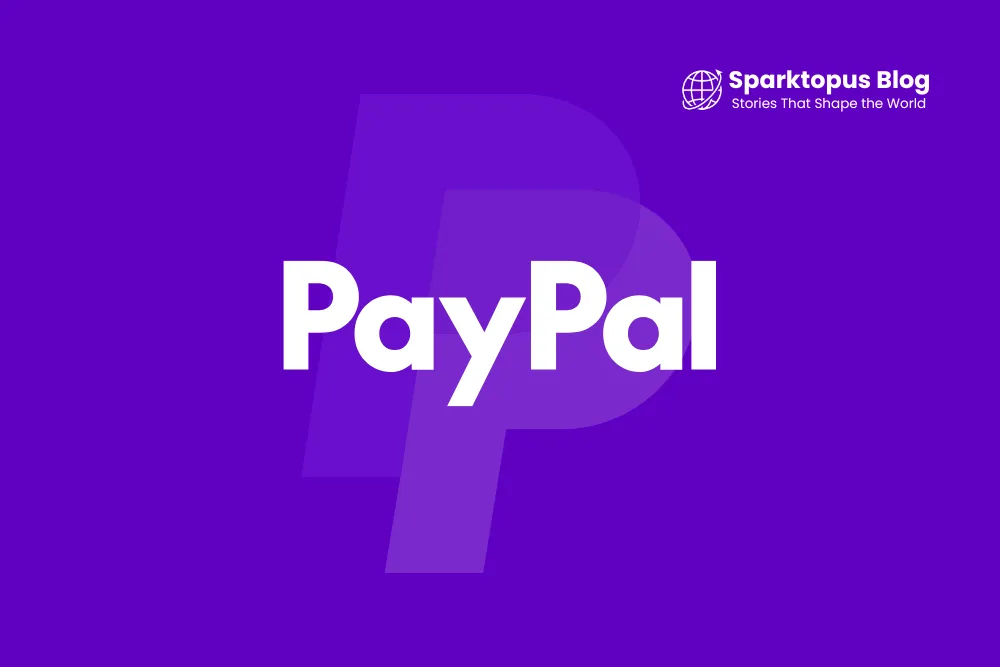Blockchain Beyond Bitcoin: Innovative Applications Transforming Industries

Blockchain technology, initially developed as the underlying infrastructure for Bitcoin, has grown far beyond its origins in cryptocurrency. This decentralized ledger system offers a new paradigm for data security, transparency, and efficiency across various sectors. From finance to healthcare, supply chain to entertainment, blockchain is transforming industries in innovative ways.
1. Finance and Banking
While Bitcoin remains a flagship application, blockchain’s potential in finance extends to improving traditional banking systems. Banks are leveraging blockchain to streamline cross-border payments, reducing the time and cost associated with international transactions. Smart contracts—self-executing contracts with terms directly written into code—are automating processes like loan issuance and securities trading, enhancing efficiency and reducing human error.
2. Supply Chain Management
Blockchain is revolutionizing supply chain management by providing an immutable record of transactions. This transparency helps track the journey of products from manufacturers to consumers, ensuring authenticity and reducing fraud. For instance, companies like Walmart and IBM have implemented blockchain to monitor food supply chains, ensuring the traceability of products and enhancing food safety.
3. Healthcare
In healthcare, blockchain is enhancing data security and interoperability. Patient records, often dispersed across multiple systems, can be consolidated into a single, secure blockchain ledger. This ensures that healthcare providers have access to accurate and up-to-date patient information, improving the quality of care. Additionally, blockchain can facilitate secure sharing of research data, accelerating advancements in medical research and treatment development.
4. Real Estate
Real estate transactions, traditionally burdened with paperwork and intermediaries, are becoming more efficient with blockchain. Smart contracts can automate the execution of sale agreements, reducing the need for middlemen and minimizing the risk of fraud. Blockchain also enables transparent property title management, ensuring that ownership records are tamper-proof and easily verifiable.
5. Voting Systems
Blockchain’s security and transparency make it an ideal solution for modernizing voting systems. By providing a tamper-proof ledger, blockchain can ensure the integrity of elections, reducing the risk of fraud and increasing voter confidence. Countries like Estonia have already begun experimenting with blockchain-based voting systems, demonstrating its potential to enhance democratic processes.
6. Intellectual Property and Digital Rights Management
For creators in the music, film, and publishing industries, blockchain offers a new way to protect intellectual property and manage digital rights. By registering their work on a blockchain, creators can ensure that their rights are clearly defined and easily enforceable. This can help combat piracy and ensure that artists receive fair compensation for their work.
7. Energy Sector
Blockchain is also making waves in the energy sector, particularly in peer-to-peer energy trading. By using blockchain, consumers can buy and sell excess energy directly with each other, bypassing traditional utility companies. This decentralized approach can lead to more efficient energy distribution and promote the use of renewable energy sources.
8. Government and Public Services
Governments are exploring blockchain to enhance the efficiency and transparency of public services. From secure identity management systems to transparent allocation of public funds, blockchain can help reduce corruption and improve service delivery. For instance, Dubai aims to become a blockchain-powered government, with plans to digitize all government documents using blockchain technology.
Challenges and Future Prospects
Despite its potential, blockchain technology faces several challenges. Scalability remains a significant issue, as current blockchain systems can struggle to handle large volumes of transactions. Regulatory uncertainty also poses a hurdle, as governments around the world grapple with how to manage and integrate blockchain technology.
Nevertheless, ongoing research and development are addressing these challenges. As blockchain technology continues to evolve, its applications will likely expand, offering new solutions to complex problems across various industries.
Conclusion
Blockchain technology, once synonymous with Bitcoin, is now a transformative force across numerous sectors. Its ability to provide secure, transparent, and efficient systems is driving innovation and reshaping industries. As we move forward, blockchain’s impact will only grow, unlocking new possibilities and redefining how we conduct business, manage data, and interact with one another.










